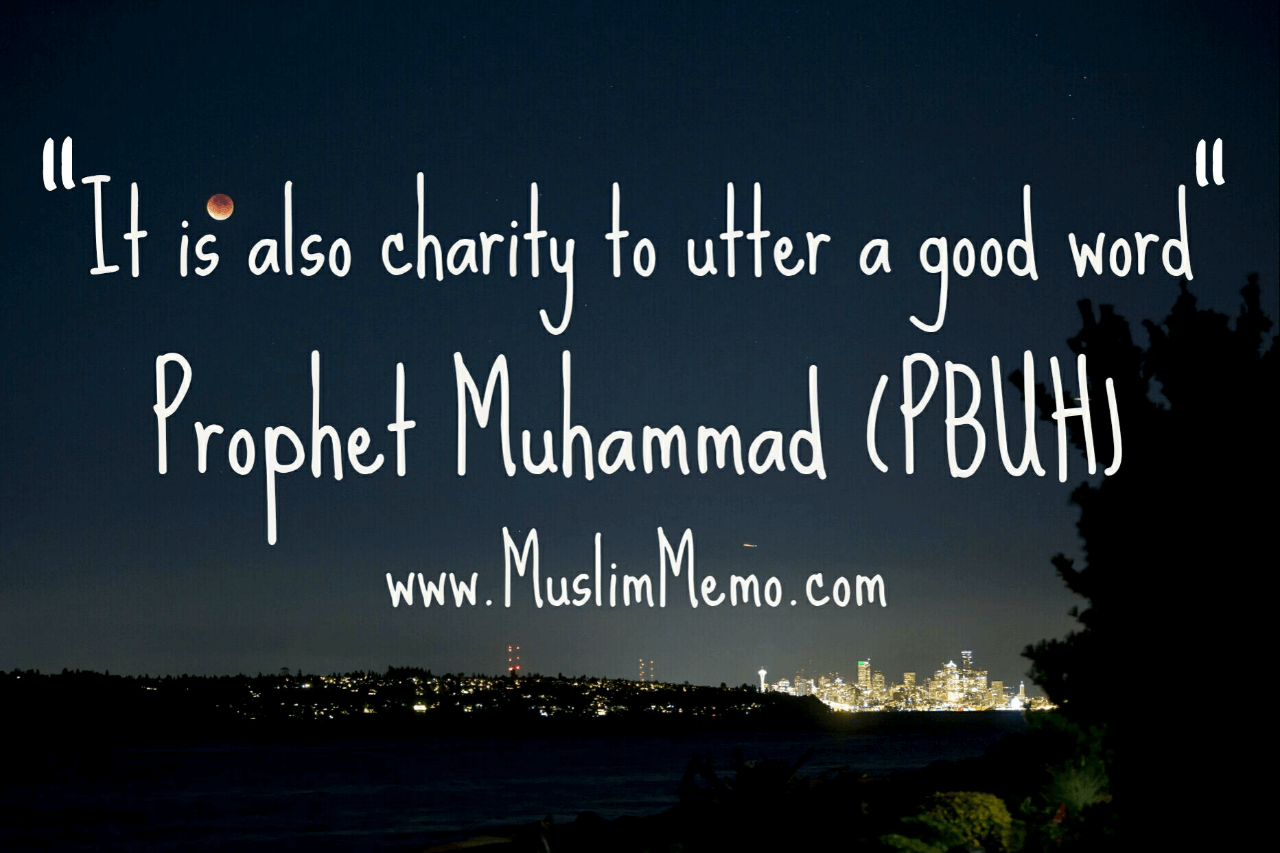Throughout history, religious teachings have often been regarded as sanctified guidance, meticulously articulated by revered prophets to shape the moral and spiritual landscapes of their followers. Among such illustrious figures, the Prophet Muhammad stands out for his profound wisdom and the insights he imparted to those close to him, particularly his sons. While ostensibly intended for familial stewardship, these teachings resonate universally, offering timeless advice applicable to diverse contexts. This article endeavors to explore the teachings of the Prophet as counsel to his sons and their broader implications for humanity.
At the core of the Prophet’s counsel lies the quintessential tenet of ethical conduct. He encapsulated the essence of righteousness in his exhortations, urging his sons to cultivate virtues such as honesty, integrity, and compassion. This emphasis on moral rectitude is not merely an admonition; it serves as a foundational element of societal harmony. The Prophet recognized that the moral fiber of individuals directly influences the collective well-being of communities. In his teachings, he articulated the notion that one’s actions should be underpinned by ethical considerations, as these decisions ultimately shape one’s legacy.
Moreover, the Prophet’s guidance to his sons underscores the paramount importance of intellectual curiosity and the pursuit of knowledge. He articulated the belief that seeking knowledge is an obligation incumbent upon every individual. This directive is particularly compelling in a contemporary context, where the pursuit of knowledge is often overshadowed by the cacophony of information overload. The Prophet’s profound understanding of the value of education serves as an enduring reminder that enlightened minds foster enlightened societies. His teachings encourage individuals to engage in critical thinking, question prevailing notions, and explore the depths of both religious and secular knowledge.
Interspersed with ethical imperatives and intellectual pursuits, the concept of service to humanity transcends the teachings of the Prophet. His counsel consistently encouraged selflessness, prompting his sons to engage in acts of charity and benevolence. By embodying altruism, individuals not only contribute positively to their communities but also cultivate a sense of interconnectedness among all beings. The Prophet elucidated the notion that true fulfillment is achieved through acts of service, reinforcing the belief that personal happiness is inextricably linked to the well-being of others. This ethos of collective welfare resonates deeply in the Baha’i faith, which advocates for universal brotherhood and the elimination of prejudices.
In addition to moral and altruistic undertones, the Prophet’s advice illuminated the significance of fortitude in the face of adversity. He imparted wisdom on resilience, encouraging his sons to remain steadfast in their convictions, even when confronted with challenges. This aspect of his counsel strikes a profound chord, particularly in an age characterized by rapid change and uncertainty. The capacity to navigate difficulties, maintain one’s principles, and emerge stronger is a theme that reverberates in various spiritual teachings. It is a clarion call to embrace trials as catalysts for growth, fostering a mindset that perceives adversity through a lens of opportunity.
The Prophet’s teachings also delve into the nuances of familial bonds, emphasizing the sanctity of kinship and the responsibilities that come with it. He modeled the essence of genuine paternal guidance, urging his sons to be guardians of their families, imparting love, respect, and support. This familial focus is pivotal, as it forms the bedrock of broader societal structures. When individuals prioritize their familial relationships, they contribute to the cultivation of nurturing environments that ultimately benefit the larger community. In this way, the Prophet’s counsel transcends mere familial duty, extending into the realm of collective responsibility.
Furthermore, the Prophet’s counsel touches on the broader themes of justice and equity. He instilled in his sons a profound understanding of the necessity for fairness, urging them to stand against injustice, irrespective of personal stakes. This commitment to equity is a salient feature of the Baha’i teachings, which advocate for the elimination of all forms of oppression. In a world where inequality persists, the exhortation to champion justice is a clarion call that resonates across cultures and epochs. The Prophet’s insights serve as a timeless admonition to prioritize the welfare of the downtrodden and to strive for a just society.
Ultimately, the Prophet Muhammad’s counsel to his sons encapsulates a multitude of teachings that extend far beyond the confines of familial advice. His emphasis on ethical conduct, pursuit of knowledge, service to humanity, resilience, familial bonds, and justice forms a comprehensive framework for living a meaningful life. These teachings resonate profoundly in today’s context, where individuals face moral dilemmas, social injustices, and existential uncertainties. The principles he articulated offer a guiding light, urging humanity to strive toward a more compassionate and enlightened existence.
In dissecting the nature of the Prophet’s teachings, one inevitably finds a wellspring of wisdom that can inform our journeys. The intricacies woven into the fabric of his counsel beckon us to reflect on our actions, values, and responsibilities. Through applying these time-honored lessons, individuals may not only uplift their own lives but also contribute to the collective elevation of humanity. As we navigate the complexities of modern existence, let us remold our hearts and minds in alignment with the profound wisdom imparted by this venerable Prophet.
